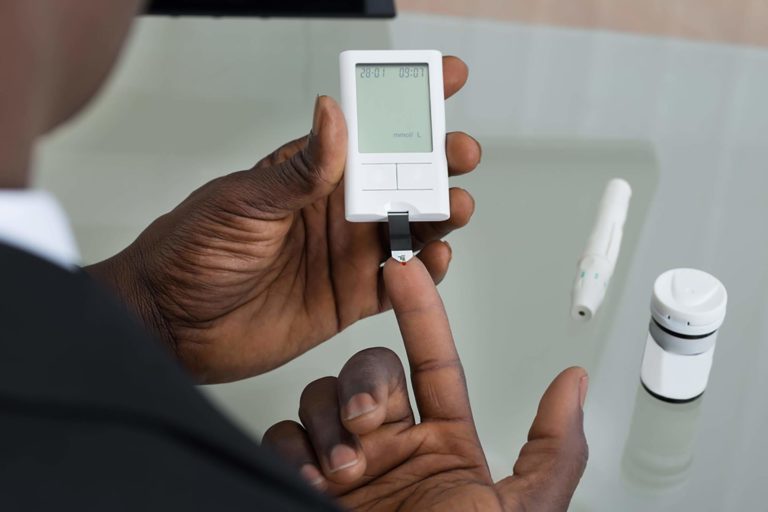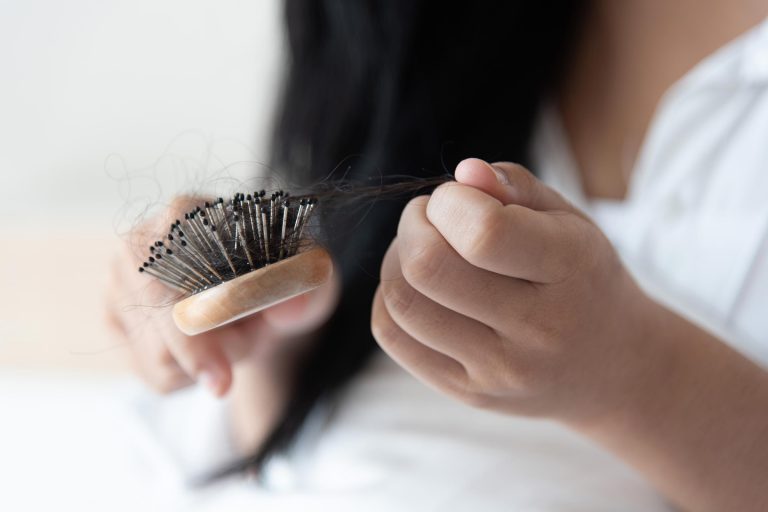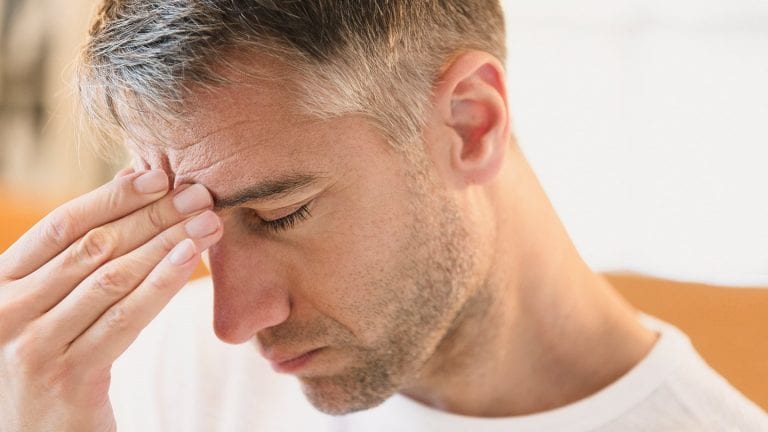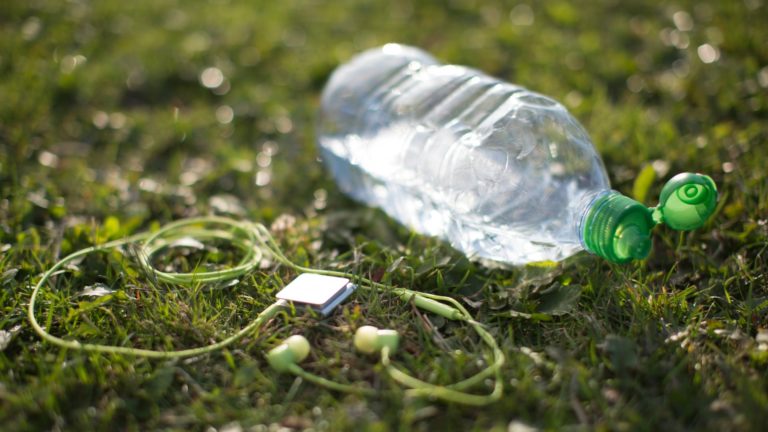Sunburns are annoying and even if you are a less-sensitive person you can be surprised in winter with some serious sunburns. When you are at the pool you need to apply some sunscreen and also if you stay longer outside in the snow. Sunburns are inflammations or, in severe cases blistering and peeling of the skin which are caused by overexposure to the ultraviolet rays of the sun. Well…if you really are a sensitive person you must wear sunscreen every day of the year.

“Skin damage is like a meter in a taxi cab,” says Darrell Rigel, MD, an American Academy of Dermatology board-certified dermatologist and clinical professor of dermatology at New York University. “The meter only goes forward, and the more you drive and the faster you drive, the faster the meter goes.”

In a manner of speaking, ultraviolet rays of the sun can damage your skin pretty bad when the summer it’s over, but this also depends on where you live, because considering this you can have less or more UV damage. “South Florida is different than Minnesota, or skiing at altitude in Colorado,” Dr. Rigel notes. But if you’re bundled up in frigid Minnesota with only your eyes exposed, you can probably get away with a lower SPF than you did in July, Dr. Rigel says.

You should use a moisturizer with SPF to protect your skin in winter. “In the summer, you wouldn’t want as much of a moisturizer with your sunscreen because you’re naturally producing more oil,” he explains.

























